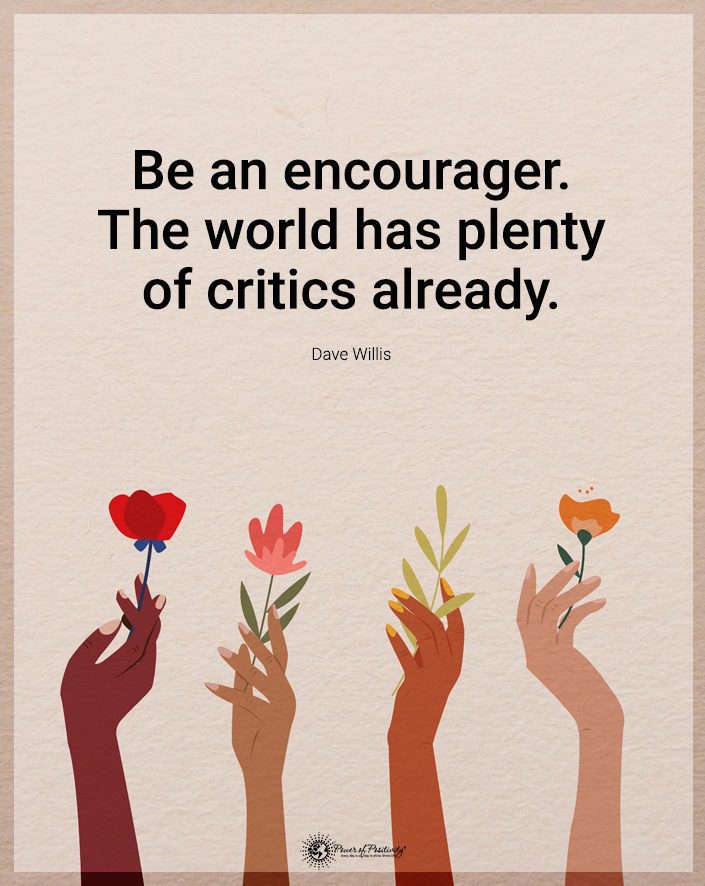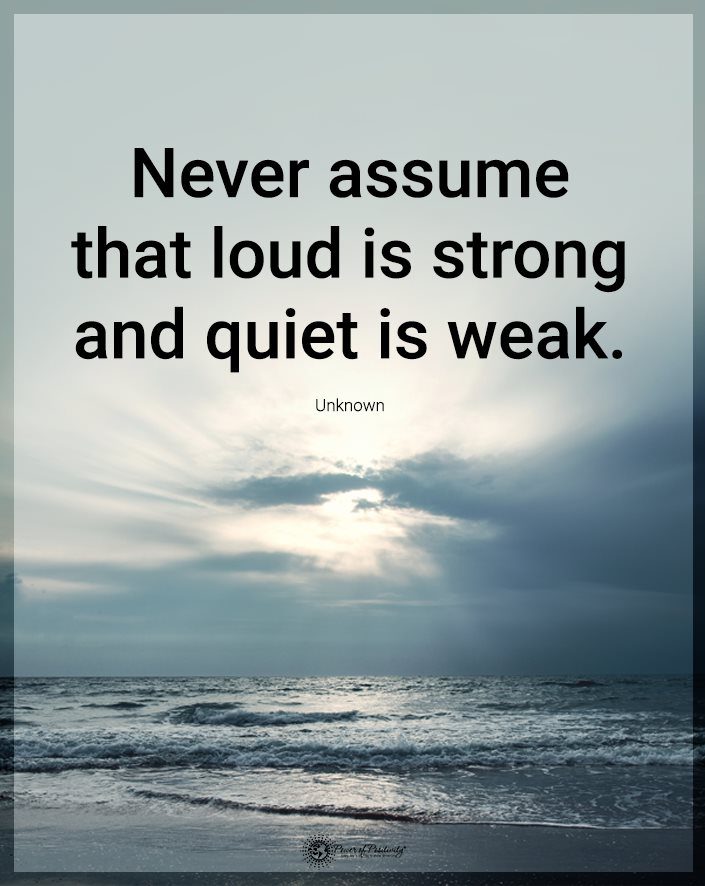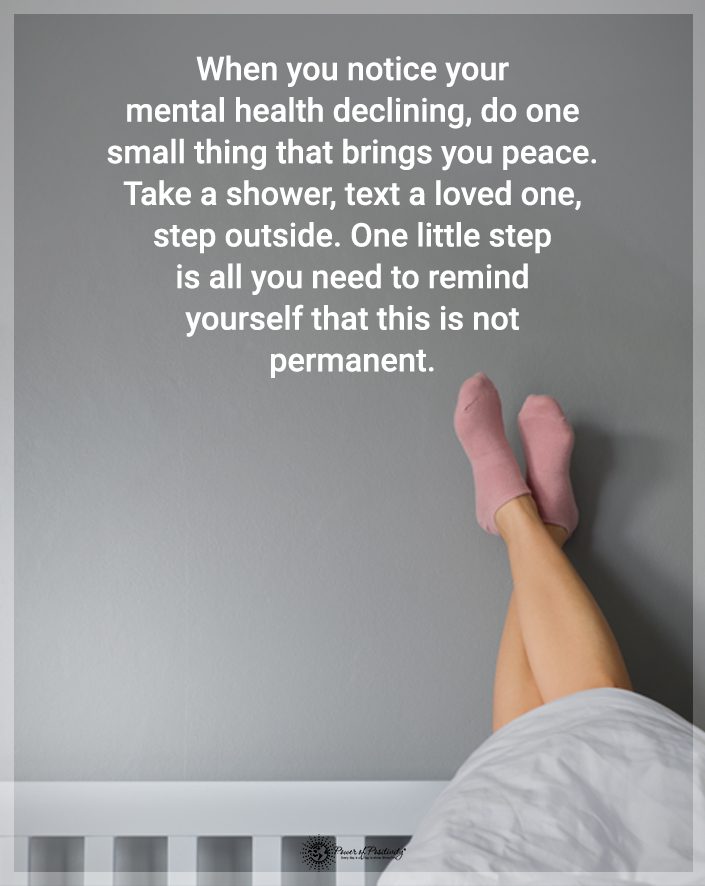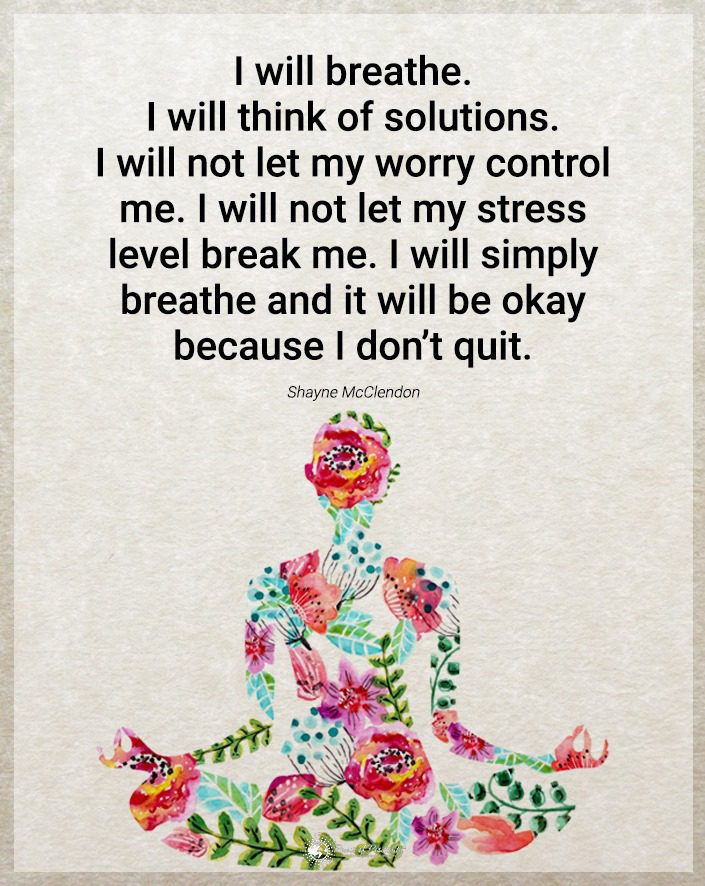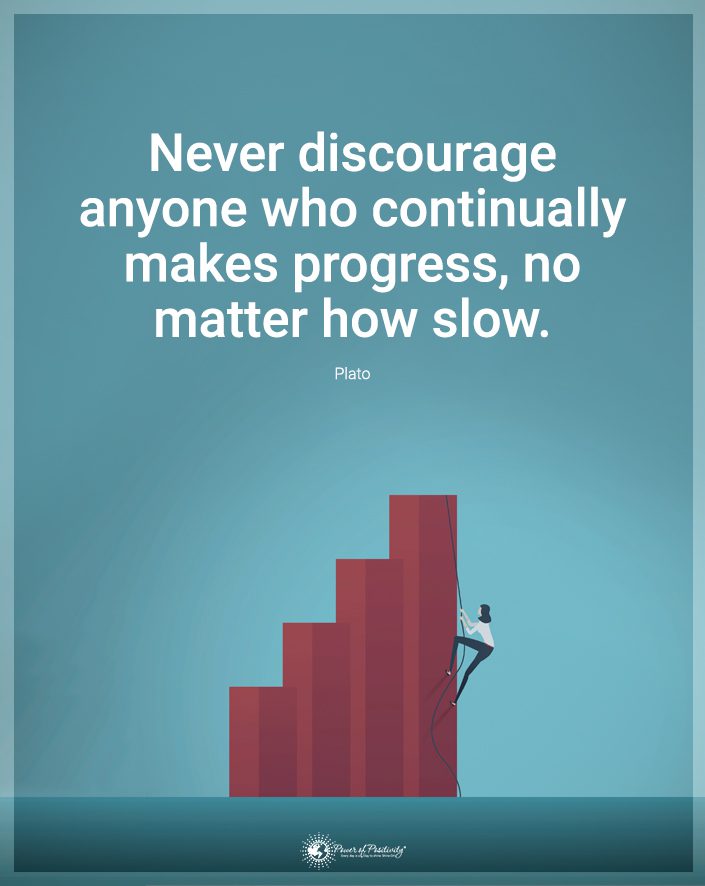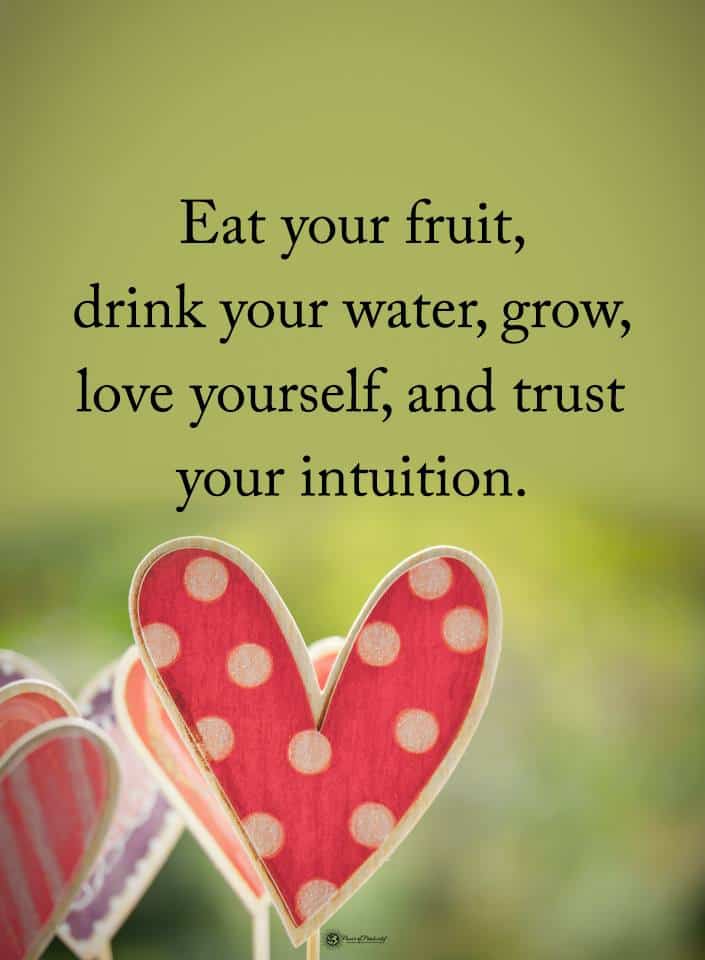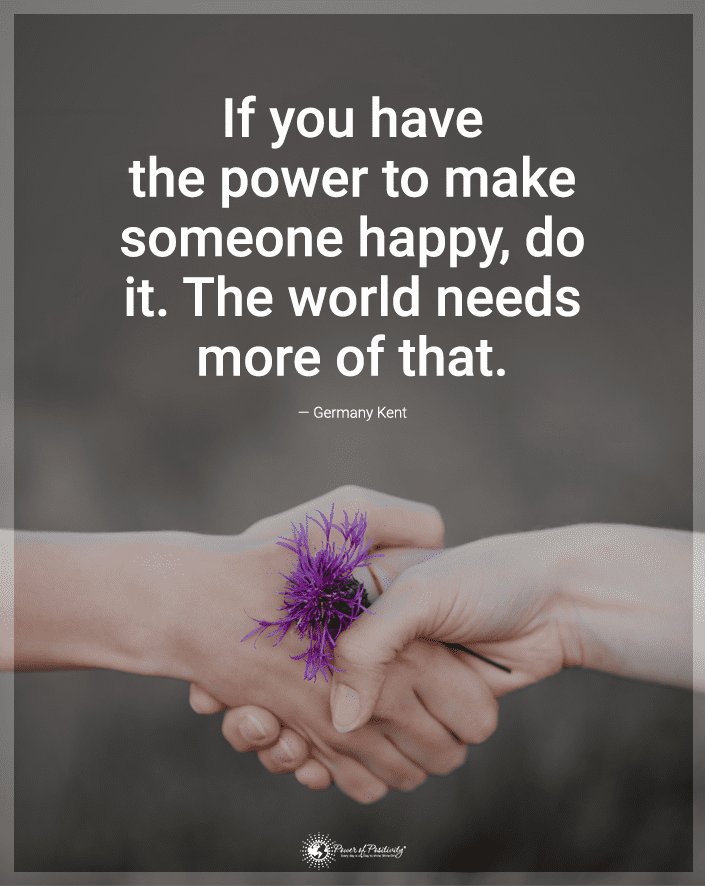Building and maintaining happier relationships can be challenging for anyone, regardless of gender. Men, in particular, may struggle with relationship issues that stem from societal expectations and stereotypes surrounding masculinity. The expectations of masculinity can cause men to feel like they need to be strong, stoic, and independent.
Unfortunately, these expectations can lead to men believing they cannot be vulnerable, express their emotions, or seek help when needed. These societal pressures can lead to a lack of self-confidence. And they can make men feel like they cannot live up to the expectations set for them. This almost always creates challenges in relationships.
Often, partners may feel disconnected from their male counterparts due to their inability to express themselves and connect emotionally. However, developing self-belief can help men overcome these challenges and become more successful partners. By building self-confidence, men can learn to express themselves better and become more emotionally available to their partners.
Self-awareness and self-acceptance can help men identify their relationship needs and desires, leading to improved communication and greater intimacy. By developing a strong sense of self-worth, men can improve their relationships and lead more fulfilling lives. If one thing will make men happier in relationships, that’s learning how to believe in themselves.
NOTE: If you hope to read about the ONE thing women can do to be their happiest in relationships, read this companion article.
How Can Men Learn to Believe in Themselves and Have Happier Relationships?
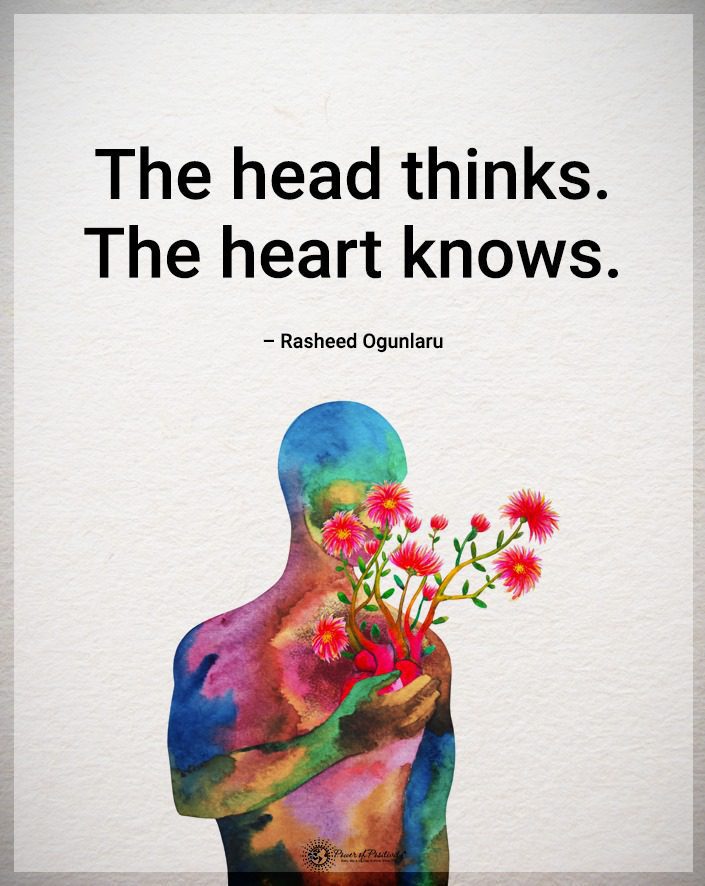
1. Happier Men Recognize Their Strengths
Recognizing one’s strengths is essential to building self-confidence and developing a positive self-image. It helps create a foundation for self-belief and enables men to bring their best selves to their relationships. When men recognize their strengths, they can leverage them to overcome challenges and build healthy relationships.
Additionally, recognizing one’s strengths can help men to focus on what they bring to the relationship. This will help bring greater satisfaction and create happier relationships. Recognizing strengths also helps to shift the focus from weaknesses and failures, which can negatively impact men’s self-confidence and self-belief.
Instead, it provides a positive perspective and encourages men to celebrate their accomplishments and talents. It also leads to a sense of pride and confidence. In this way, recognizing one’s strengths can be a powerful tool for building self-belief and becoming happier in relationships.
2. Happy Men Practice Self-Care
Self-care involves taking care of oneself physically, mentally, and emotionally. When men practice self-care, they can build strong self-worth and self-confidence. And one of the outcomes of self-care is that men can learn how to impact their relationships positively.
Self-care can involve various activities, such as exercise, getting enough sleep, eating healthy, and relaxing and unwinding. It is also essential to seek support from friends, family, or a therapist when needed. Taking care of oneself can help manage stress and negativity, leading to improved mental health and a more positive outlook.
When men practice self-care, they can bring the best version of themselves for their partners. They can better manage stress and negative emotions, communicate effectively, and create a supportive environment for their partners. Self-care also allows men to prioritize their needs and desires in relationships, leading to greater intimacy and satisfaction.
When men take the time to focus on themselves and their well-being, they can show up more fully in their relationships. They can also learn to be more present with their partners. This can lead to a deeper understanding and connection between partners.
3. Happier Men Challenge Negative Self-Talk
Negative self-talk can be a significant barrier to building self-belief and finding happiness in relationships. It can cause men to doubt themselves, feel unworthy, and become overly self-critical. This negative self-talk can create a cycle of low self-esteem, leading to relationship insecurity and anxiety.
Challenging negative self-talk is essential for building self-belief and finding happiness in relationships. Men can do this by becoming aware of their negative self-talk and replacing it with positive self-talk. When they notice themselves saying negative things about themselves, they can replace those negative thoughts with positive affirmations.
By challenging negative self-talk, men can break the cycle of low self-esteem and build a more positive self-image. They can also become more confident and self-assured in their relationships, leading to greater satisfaction and happiness. Challenging negative self-talk allows men to become more compassionate and understanding toward themselves and their partners. Thus, they can create a more supportive and happier relationship environment.
4. Happier Men Set Realistic Goals
Setting realistic goals can be essential to building self-belief and finding happiness in relationships for men. By setting achievable and realistic goals, men can build confidence in their abilities. Day by day, they can start to see their progress in their personal and professional lives.
In relationships, setting realistic goals can help men to communicate effectively with their partners and work towards shared objectives. Creating a plan to have regular date nights or to improve communication skills can help men to build happier relationships. By working towards achievable goals, men can become more invested in their relationships and see the impact of their efforts.
However, it’s essential to note that setting unrealistic goals can lead to frustration and disappointment. This can negatively impact self-belief and relationships. Therefore, men must set realistic and achievable goals, considering their strengths, weaknesses, and limitations.
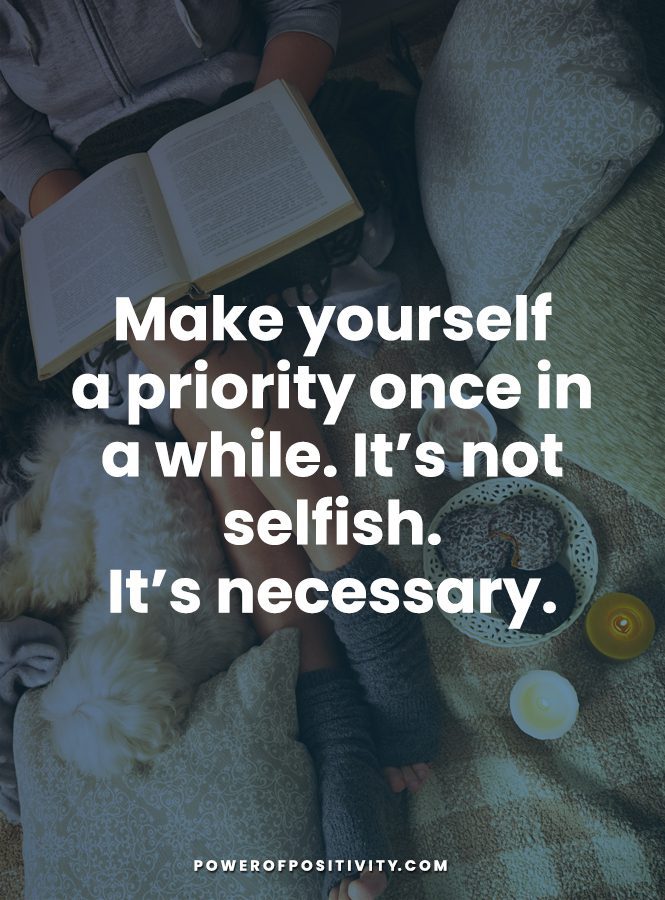
5. Happy Men Learn from Mistakes
Men who make mistakes can feel disappointed, frustrated, and even ashamed. However, it’s important to remember that mistakes are a natural part of the learning process. Moreover, they can be an opportunity for growth and development. By learning from their mistakes, men can build self-confidence as they become more aware of their strengths and limitations. They can also become more resilient as they learn to bounce back from setbacks and challenges.
Learning from mistakes can help men communicate effectively with their partners and develop stronger and happier relationships. For example, if a man realizes he has neglected his partner’s needs, he can learn from that mistake. He can work to improve his communication and prioritization skills. By doing so, he can create a more supportive and positive relationship environment.
6. Happy Men Communicate Effectively
Learning to communicate effectively is a crucial skill for building self-belief and creating happier relationships for men. Communication is the foundation of all healthy relationships, and it involves expressing oneself and listening to and understanding others. When men communicate effectively, they can build trust, respect, and understanding with their partners.
Effective communication also helps men to express their needs and desires. Plus, it allows them to listen and respond to their partner’s needs and desires. This can lead to a more harmonious and satisfying relationship experience for both partners.
Additionally, communicating effectively can help men build self-confidence and self-belief. As men become more skilled in expressing themselves and understanding others, they can feel more empowered and in control of their relationships. Effective communication also allows men to develop a deeper sense of self-awareness. This is because it helps them learn to articulate their thoughts, feelings, and beliefs clearly and concisely.
7. Happier Men Develop Empathy
Empathy is the ability to understand and share the feelings of others. And it is a critical component of building trust, respect, and understanding in relationships. When men develop empathy, they can better understand their partner’s needs, desires, and perspectives. This allows them to build stronger emotional connections and respond more effectively to their partner’s emotions.
Empathy also helps men to develop a more profound sense of compassion and understanding. This can lead to a happier, more nurturing relationship dynamic. Furthermore, developing empathy can help men to build self-confidence and self-belief. As men become more attuned to the emotions of others, they can create a stronger sense of emotional intelligence.
This allows them to navigate social situations more easily and feel more in control of their relationships. However, developing empathy requires practice, patience, and a willingness to put oneself in another’s shoes. Men should be open to feedback and willing to learn from their mistakes as they work to develop this skill.
8. Happier Men Celebrate Your Partner
Celebrating their partner is essential to building self-belief and happiness in relationships for men. When men celebrate their partners, they appreciate their unique qualities and contributions to the relationship. This not only fosters a positive and loving relationship dynamic, but it also helps men to build self-confidence and self-belief.
By celebrating their partner, men can recognize their role in creating a successful and fulfilling relationship. This can lead to a greater sense of personal fulfillment and satisfaction and a stronger sense of connection and intimacy with their partner. Furthermore, celebrating their partner can help men to build a more positive mindset and outlook on their relationship.
This can lead to greater resilience and adaptability in the face of challenges or setbacks. It also provides a greater sense of emotional well-being. Men can celebrate their partner in many ways, such as expressing gratitude, showing affection, or recognizing accomplishments. It is essential for men to be genuine in their celebration and to show their partner that they truly value them.
Final Thoughts on How Men Can Be Happier in Relationships
Building self-belief and happiness in relationships is essential for men, and it requires intentional effort and commitment. By acknowledging their value, men can cultivate strong self-worth and create more fulfilling relationships. Men need to understand that self-belief cannot be achieved overnight.
Rather, it is a continuous process that requires consistent effort and self-reflection. However, the benefits of building self-belief are undeniable for men’s personal growth and their relationships’ success. There are a few tips that can help men achieve a better self-image. One of the most important ones is learning to recognize their own strength while also learning from their mistakes. Practicing self-care and developing a greater sense of empathy are also essential factors in a man’s pursuit of happiness.
All happy relationships require that the partners celebrate each other. And this is something that can help men feel more engaged in their relationships. By investing in their personal growth and well-being, men can become better partners and create happier, healthier, more fulfilling relationships. As men continue to learn and grow, they will find that the rewards of building self-belief are worth the effort.

